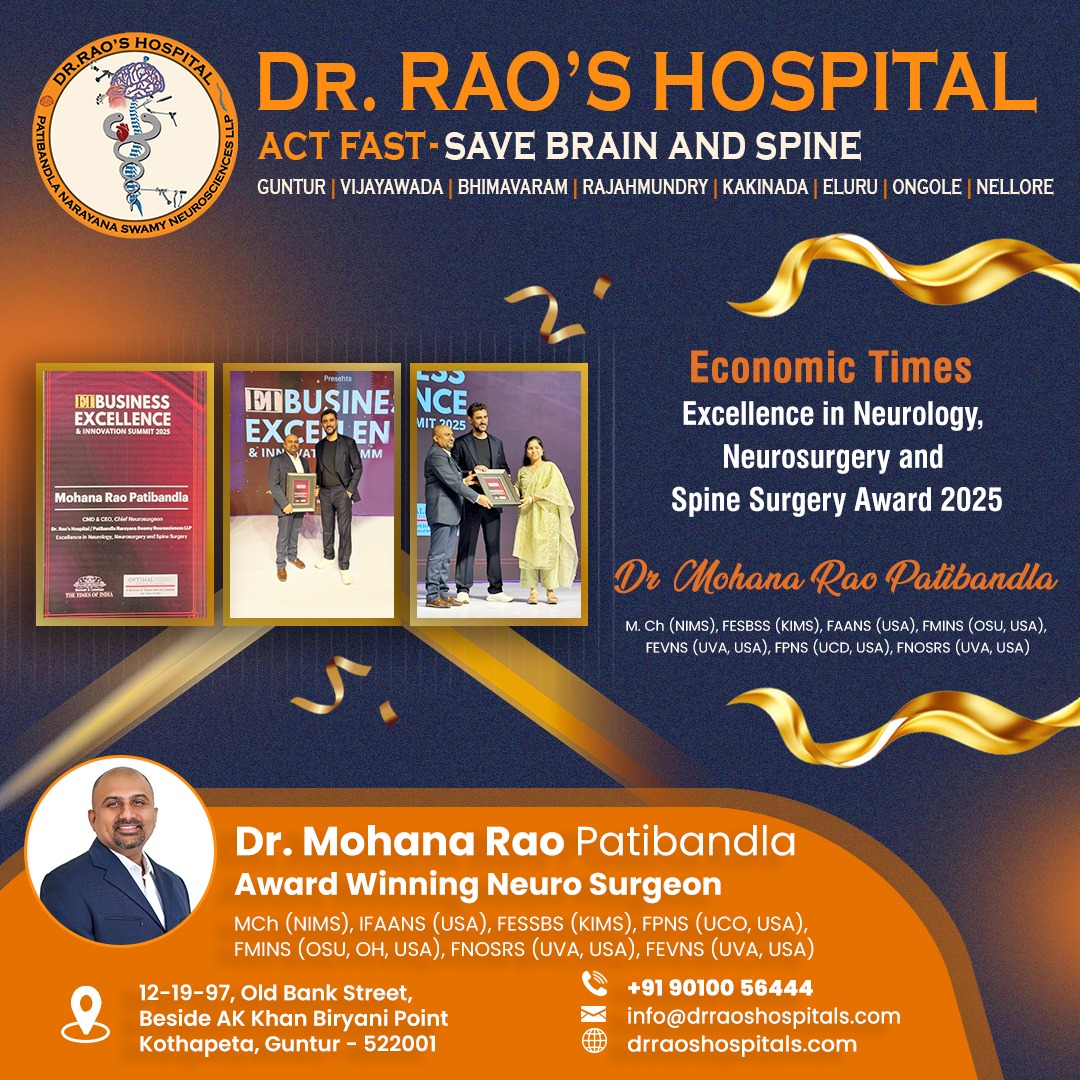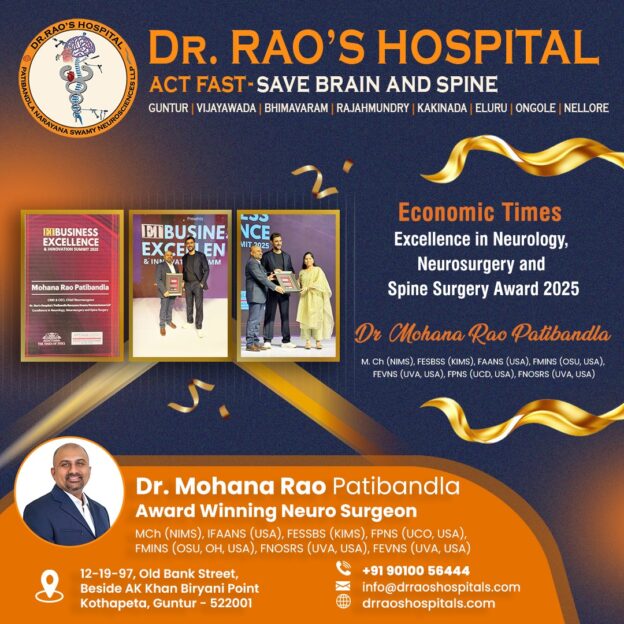Chronic Pain Solutions to Live Comfortably Every Day
Chronic pain is a persistent issue that affects millions of people worldwide, interfering with daily life, sleep, and overall well-being. While there is no single cure for chronic pain, understanding chronic pain relief, effective pain management techniques, and practical strategies can help improve comfort and quality of life. This guide explores actionable solutions for those living with chronic pain, combining medical, lifestyle, and home-based approaches.
Understanding Chronic Pain
Chronic pain is defined as pain lasting longer than three months and can stem from various conditions such as arthritis, fibromyalgia, back injuries, or nerve disorders. Unlike acute pain, which signals immediate injury, chronic pain persists even after the initial cause has healed. Understanding the nature of your pain is essential for exploring effective chronic pain treatment options and achieving meaningful chronic pain relief.
For severe spinal conditions, consulting the best spine fusion hospitals in India can be a vital step toward long-term relief.
Effective Chronic Pain Relief Strategies
Finding the right chronic pain relief approach often requires a combination of medical intervention, lifestyle changes, and self-care. Some proven strategies include:
- Medication and Therapy: Pain relievers, anti-inflammatory drugs, or specialized medications can help reduce discomfort. Physical therapy or occupational therapy also enhances mobility and reduces pain over time.
- Mind-Body Techniques: Practices such as yoga, meditation, and deep breathing exercises are effective pain management techniques that improve mental well-being while reducing physical discomfort.
- Lifestyle Adjustments: Regular low-impact exercise, balanced nutrition, and proper sleep routines can provide long-term chronic pain relief and support overall health.
For personalized surgical guidance, consulting a best spine surgeon in Andhra Pradesh may be recommended for advanced spinal pain cases.
Pain Management Techniques
Adopting structured pain management techniques is crucial for anyone living with chronic pain. Techniques include:
- Cognitive Behavioral Therapy (CBT): CBT helps individuals manage the emotional toll of chronic pain, reducing stress and improving coping abilities.
- Heat and Cold Therapy: Alternating between heat and cold packs can alleviate inflammation and relieve stiffness.
- Acupuncture and Massage: Complementary therapies can provide targeted relief and improve circulation.
- Regular Physical Activity: Gentle exercises like swimming, walking, or stretching strengthen muscles, prevent stiffness, and offer natural chronic pain relief.
Medical tourists looking for quality care abroad may explore medical tourism services to access advanced treatment options in India.
Home Remedies for Chronic Pain
For many, home remedies for chronic pain are an essential part of daily care. These include:
- Turmeric and Ginger: Known for anti-inflammatory properties, these natural spices can be included in meals or taken as supplements.
- Epsom Salt Baths: Warm baths with Epsom salts can reduce muscle soreness and promote relaxation.
- Topical Analgesics: Creams or gels containing menthol, capsaicin, or arnica provide localized relief.
- Ergonomic Adjustments: Using supportive chairs, mattresses, or cushions can reduce strain and improve comfort for those living with chronic pain.
For patients residing in Visakhapatnam, consulting a spine surgeon in Visakhapatnam can provide advanced care options for chronic back pain.
Chronic Pain Treatment Options
Medical professionals often recommend a multi-pronged approach to chronic pain treatment options. These can include:
- Prescription Medications: Anti-inflammatory drugs, neuropathic pain medications, or muscle relaxants tailored to individual needs.
- Interventional Procedures: Nerve blocks, steroid injections, or minimally invasive surgeries for severe cases.
- Physical and Occupational Therapy: Personalized therapy plans enhance mobility, strengthen muscles, and reduce pain intensity.
- Complementary Approaches: Acupuncture, biofeedback, and mindfulness practices work alongside traditional treatments to provide holistic chronic pain relief.
Coping with Chronic Pain
Coping with persistent discomfort can be challenging. Practical approaches include:
- Building a Support Network: Friends, family, or chronic pain support groups provide emotional comfort and advice.
- Setting Realistic Goals: Focus on achievable daily tasks to avoid frustration and maintain independence.
- Mindfulness and Meditation: These techniques help reduce stress and improve the ability to manage pain.
- Tracking Pain Patterns: Keeping a pain diary can help identify triggers and refine pain management techniques.
Adopting these strategies empowers individuals to navigate daily life while living with chronic pain.
Lifestyle Tips for Daily Comfort
- Balanced Diet: Anti-inflammatory foods like leafy greens, nuts, and fatty fish can reduce systemic inflammation.
- Adequate Hydration: Proper hydration supports joint health and reduces muscle cramps.
- Consistent Sleep Routine: Quality sleep is essential for healing and chronic pain relief.
- Gentle Exercise: Activities like yoga, tai chi, and swimming improve flexibility, strength, and mood.
Conclusion
Managing chronic pain requires a comprehensive approach that combines medical treatment, lifestyle adjustments, and home remedies. By implementing effective pain management techniques, exploring chronic pain treatment options, and integrating practical home remedies for chronic pain, it is possible to achieve meaningful chronic pain relief. For personalized guidance and professional care, visit Dr. Rao’s Hospitals, where experienced specialists provide tailored solutions for those living with chronic pain, helping you lead a more comfortable and fulfilling life.
Frequently Asked Questions
- What is the best approach for chronic pain relief?
A combination of medication, therapy, and lifestyle modifications usually offers the most effective chronic pain relief. - Are there natural home remedies for chronic pain?
Yes, turmeric, ginger, Epsom salt baths, and topical analgesics are commonly used home remedies for chronic pain. - How can I manage pain without medication?
Mindfulness, meditation, gentle exercise, CBT, and heat/cold therapy are effective pain management techniques without medication. - What are the latest chronic pain treatment options?
Options include prescription medications, interventional procedures, physical therapy, and complementary approaches like acupuncture. - Can lifestyle changes improve chronic pain relief?
Absolutely. Balanced diet, hydration, consistent sleep, and gentle exercise significantly contribute to chronic pain relief. - How do I cope with chronic pain emotionally?
Building a support network, practicing mindfulness, and setting realistic daily goals can help in coping with chronic pain. - How often should I do exercises for chronic pain?
Regular, low-impact exercises like walking, yoga, or swimming are recommended most days of the week for optimal chronic pain relief. - Are pain management techniques personalized?
Yes, pain management techniques are often tailored to an individual’s condition, pain severity, and lifestyle. - Can chronic pain be completely cured?
While chronic pain may not always be fully curable, effective chronic pain relief can significantly improve quality of life. - Where can I find professional help for chronic pain?
Specialized hospitals like Dr. Rao’s Hospitals provide expert guidance and customized treatment plans for chronic pain.


